In a nutshell This paper studied whether gingival (gum) inflammation increases the risk for stroke. Some background Gingival inflammation, also known as gingivitis, refers to redness and swelling of the gum tissue in the mouth. Gingivitis is a response to infection in the mouth. This can be reduced with good oral hygiene. Chronic infections...
Read MoreStroke Posts on Medivizor
Do lesions seen on diffusion-weighted imaging affect the outcome after stroke
In a nutshell This paper studied whether a lesion seen on magnetic resonance imaging with diffusion-weighting in patients with stroke is associated with worse outcomes. Some background Magnetic resonance imaging (MRI) is a procedure that uses magnetic fields to look at structures in the body. Diffusion-weighted imaging is a form of magnetic...
Read MoreRecommendations to prevent stroke
In a nutshell This paper gave recommendations for preventing stroke among patients who survived an ischemic stroke or transient ischemic attack. Some background A stroke occurs when there is not enough blood supply to the brain. In ischemic stroke, a blockage of a blood vessel to the brain leads to obstructed blood flow. In a transient...
Read MorePredicting the risk of a late seizure after bleeding in the brain
In a nutshell This paper studied a way to measure the risk of seizures after an intracerebral haemorrhage. Some background Acute intracerebral hemorrhage occurs when there is sudden bleeding in the brain. It is a common cause of seizures (abnormal electrical activity in the brain causing violent shaking). These seizures can be classified...
Read More[Infographic] Do You Know the Low-Down On Coronary Heart Disease?
Coronary Heart Disease An Infographic from Mount Sinai Hospital providing information on the causes, symptoms, treatments and prevention of coronary heart disease. Source: Mount Sinai...
Read MorePreventing stroke: Clopidogrel and aspirin versus aspirin alone
In a nutshell This paper studied the effectiveness of the antiplatelet therapy drugs clopidogrel (Plavix) and aspirin on stroke prevention. Some background Stroke occurs when there is not enough blood supply to the brain. This can be due to a blood clot blocking a blood vessel. To prevent stroke, antiplatelet drugs are used. These drugs work...
Read MoreWhat is the impact of seizures on stroke?
In a nutshell This paper studied the impact of seizures on stroke. Some background Stroke occurs when the brain does not receive enough blood. Seizures commonly occur during stroke. Seizures are changes in the brain’s electrical activity. This can cause violent shaking and loss of control or no symptoms at all. It is not clear whether...
Read MoreCarotid artery stenting versus endarterectomy: What are the risks of further strokes?
In a nutshell This paper compared complications after carotid artery stenting and carotid endarterectomy. Some background Stroke occurs when there is not enough blood supply to the brain. To prevent stroke, procedures are done to allow blood to easily flow through the carotid artery, which leads to the brain. Carotid endarterectomy is a...
Read MoreWhat is fatigue after stroke caused by?
In a nutshell This paper studied the factors that increased the chances of fatigue after a stroke. Some background Ischemic stroke occurs when a blood vessel to the brain is blocked and causes damage to the brain. After a stroke, patients often have fatigue. Fatigue is described as exhaustion, weariness and lack of energy that does not go away...
Read MoreWhat Are Blood Pressure Numbers? What’s High Blood Pressure? [Infographic]
Your Heart Your heart is an incredible organ. It is responsible for getting oxygen and nutrients to every cell in the body by pushing blood throughout the body. Beating around 100,000 times a day, it pumps blood over the 60,000 miles of blood vessels. Blood Pressure Explained A heartbeat is a two part process that takes about a second. During the first...
Read MoreCan patients who have had a stroke be screened for depression?
In a nutshell This paper studied the occurrence and screening for depression in patients who have had a stroke. Some background Around a third of patients who have had a stroke suffer from depression. A stroke can lead to difficulty with movements. Studies have found an association between difficulty with movement and depression after...
Read MoreWhat are the risks of epilepsy after bleeding from an aneurysm?
In a nutshell This paper studied the occurrence and risk factors of epilepsy after a subarachnoid hemorrhage from a saccular intracranial aneurysm. Some background A saccular intracranial aneurysm refers to a weakening in the wall of a blood vessel in the brain. Because the wall is weakened, it is more prone to rupture and hemorrhage (bleeding)....
Read More
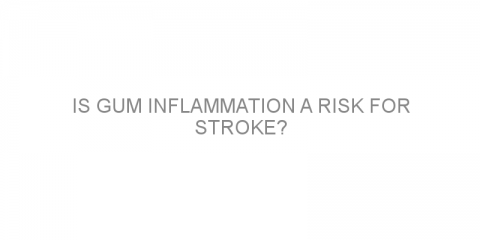

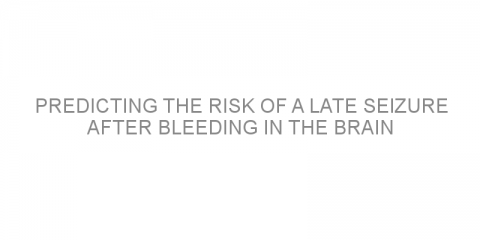
![[Infographic] Do You Know the Low-Down On Coronary Heart Disease?](https://medivizor.com/blog/wp-content/uploads/et_temp/coronaryheartdisease-207720_480x240.jpg)
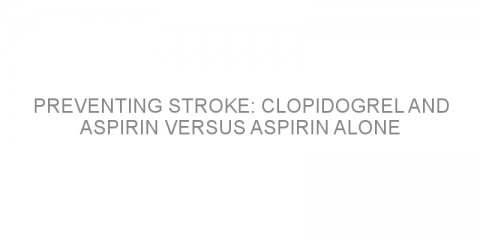
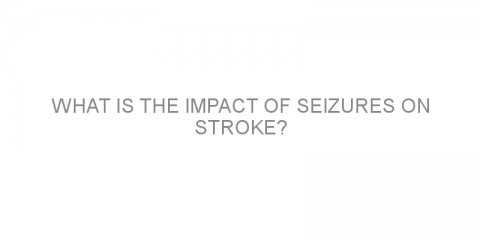
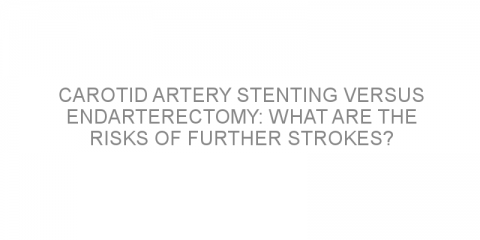
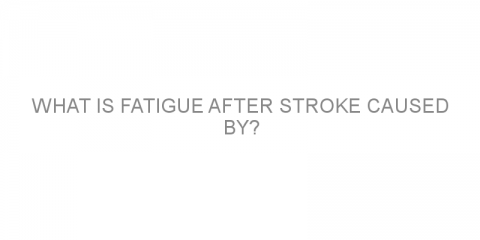
![What Are Blood Pressure Numbers? What’s High Blood Pressure? [Infographic]](https://medivizor.com/blog/wp-content/uploads/et_temp/bloodpressure3-127425_480x240.jpg)




